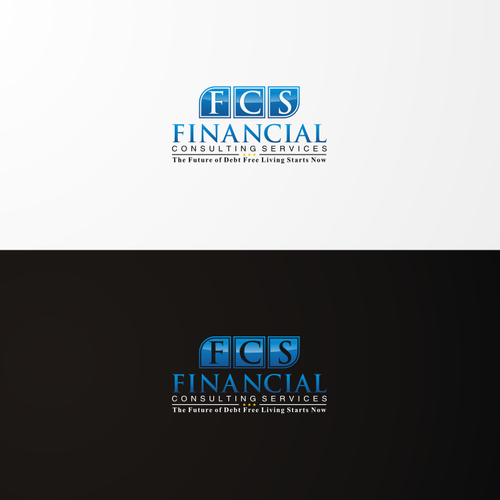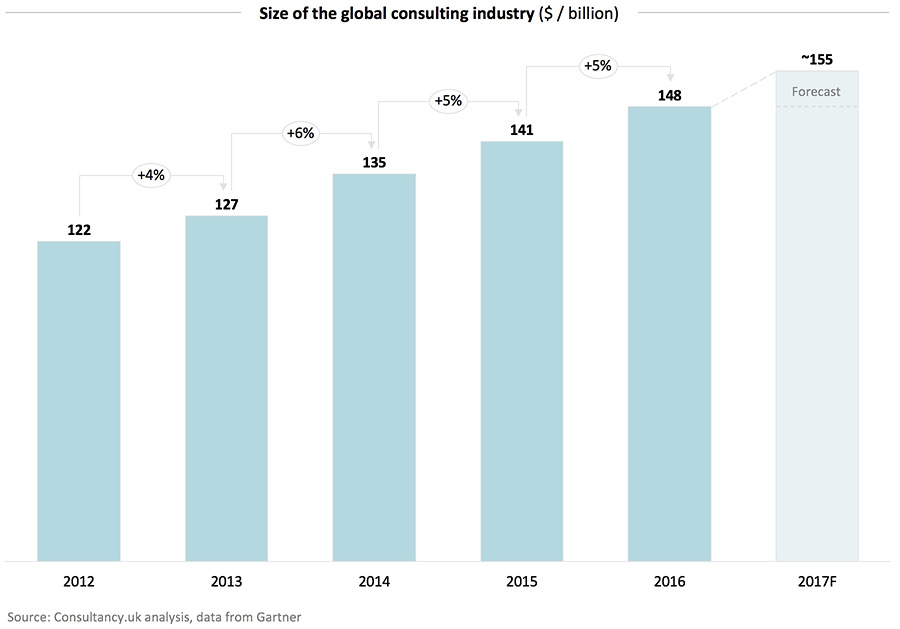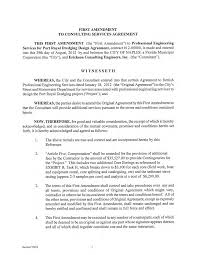
Financial software developers have to be able handle big data. They must have experience with mathematical modeling and distributed systems architecture. A developer must be able to solve problems and have strong mathematical modeling skills. The career outlook as well as salary information are included. Read on to find out what it takes for financial software developers to succeed.
Perspectives on the job
An understanding of data structures, coding languages, and coding languages is required for a job as a financial program developer. They must also be comfortable working in large numbers of data. Many financial institutions are using cloud computing services such AWS or Azure. The demand for data engineers will rise as more cloud-based services become available. The quality, efficiency, as well as reliability of financial data engineers is often their responsibility. They should have knowledge in data analytics, data visualization, as well as data optimization.
Financial software developers may work in various industries. The types of software they develop will depend on the type of financial institution and its needs. They could work with small banks or large financial institutions. They could also work for credit card companies which are continually developing new financial software.

Salary
Financial software developers' salaries vary depending on experience and education. Additional compensation could include bonuses for achieving specific milestones. As financial institutions continue investing in new technologies, it is expected that the demand for software developers will grow faster than average over ten years. Many companies are also looking for ways to improve customer service via automation.
A financial software developer's salary can be as low as $56,730 or high at $116,670 annually. ZipRecruiter says that the Chicago area is one of the most competitive in America, with Financial Software Developers making an average salary of $121,275 per annum. This is roughly $3,375 above the national average.
Required skills
Financial software developers must possess a variety of skills. First, they need to be able program. This skill allows them build complex programs that can process large amounts of information. They will also need to be conversant with mathematics and distributed system architecture. Data analysis is another skill that they must possess to develop applications in the financial industry.
The next step is to be able talk with clients and understand complex financial concepts. They must also be able listen to clients' feedback and improve their software.

Career path
You might consider a career as a financial software developer if you are interested in computer programming. This career requires that you can use multiple programming languages and understand data structures. Financial software developers will use their skills in order to create accurate, efficient programs. They need to be able analyse large amounts of data, and to perform complex calculations.
Many financial software developers work in offices, but they may also work at home. They usually work in an office during regular business hours. However, overtime may be required to meet deadlines. They need to communicate well with clients as well as other team members.
FAQ
What is the difference in a consultant and advisor?
A consultant provides advice on a topic. Consultants offer solutions to problems.
A consultant works directly with clients to help them achieve their goals. Advisors advise clients indirectly via books, magazines, lectures and seminars, etc.
How can I be a successful consultant?
The first step is to find an area you are passionate about. You must then build relationships. You need to know what clients want and how they operate. You must also deliver results.
You don't have to be the best at everything, but you do have to be better than everyone else. You must also have passion for your work. It is not enough to simply say, "I want to become a consultant." You have to believe in yourself, and in what you are doing.
How long does it take for a consultant to be established?
Depending on your industry and background, the time required will vary. Most people begin their journey with less than a month before finding work.
Some consultants, however, spend many years perfecting their skills before they find work.
How does consulting differ from freelancing?
Freelancers can be self-employed people who provide their services to clients, without the involvement of employees. They usually charge an hourly rate based on how much time they spent on a project. Consultants typically work for agencies and companies that employ them. Their salaries are paid usually monthly or annually.
Because they have control over their work hours and can set their prices, freelancers are more flexible than consultants. But consultants have more benefits like vacation days, health insurance and retirement plans.
Statistics
- So, if you help your clients increase their sales by 33%, then use a word like “revolution” instead of “increase.” (consultingsuccess.com)
- On average, your program increases the sales team's performance by 33%. (consultingsuccess.com)
- Over 50% of consultants get their first consulting client through a referral from their network. (consultingsuccess.com)
- According to IBISWorld, revenues in the consulting industry will exceed $261 billion in 2020. (nerdwallet.com)
- According to statistics from the ONS, the UK has around 300,000 consultants, of which around 63,000 professionals work as management consultants. (consultancy.uk)
External Links
How To
What is a typical day for a consultant?
Depending on what type of work you do, your typical day may vary. You will be spending time researching, planning new ideas, meeting with clients, and creating reports.
You will often have meetings where you discuss issues and problems with clients. These meetings can be conducted over the phone, by email, face-to-face, or online.
Also, proposals are documents that outline your ideas or plans for clients. These proposals will be presented to clients by you and a mentor.
After all the preparation, you'll need to start creating content. You might be creating articles, videos, editing photos, writing interviews, or designing websites.
Depending on your project's scope, it may be necessary to do research to get relevant statistics. It may be necessary to know how many customers are currently using your products or services.
Once you have all the information needed, it is time for clients to see your findings. Your findings may be delivered orally, or written.
You must also follow up with clients following the initial consultation. You could phone them occasionally to check on things or send an email asking them to confirm that you have received their proposal.
Although this process can take time, it is important to stay focused and build good relationships with your clients.